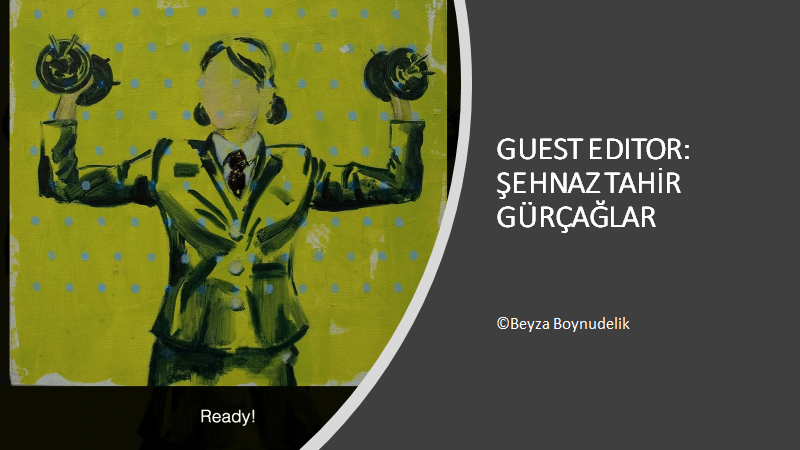New Perspectives on Retranslation: The Case of Iran
DOI:
https://doi.org/10.21992/tc29496Abstract
This paper examines the social aspects of retranslation in contemporary Iran. Foreign classics and award-winning literary books have attracted multiple translations into Persian within a short period of time. For instance, George Orwell’s novella, Animal Farm, has received more than one hundred retranslations in the last 40 years. The aim of this paper is to investigate possible reasons for such an unusually high number of retranslations. By analysing sixteen interviews with Iranian translators and publishers and performing paratextual analysis of four retranslations of George Orwell’s Animal Farm, this paper sheds light on the perceived advantages and disadvantages of retranslation. It does so by drawing on the trust-based approach to the study of translation proposed by Rizzi, Lang, and Pym, and by offering sociological insight into retranslation in contemporary Iran. Four groups of translators are identified: amateur, early career, mid-career, and senior translators. Retranslation for the former two groups is viewed as profitable trade in literary translation market. For the latter two, retranslation is the process of reinforcing trustworthiness at the institutional level that means trust in professionalism of certain Iranian translators and publishers.
Downloads
Published
Issue
Section
License
Authors who publish with this journal agree to the following terms: a.Authors retain copyright and grant the journal right of first publication with the work simultaneously licensed under a Creative Commons Attribution License that allows others to share the work with an acknowledgement of the work's authorship and initial publication in this journal. b.Authors are able to enter into separate, additional contractual arrangements for the non-exclusive distribution of the journal's published version of the work (e.g., post it to an institutional repository or publish it in a book), with an acknowledgement of its initial publication in this journal. c.Authors are permitted and encouraged to post their work online (e.g., in institutional repositories or on their website) prior to and during the submission process, as it can lead to productive exchanges, as well as earlier and greater citation of published work (See The Effect of Open Access).



